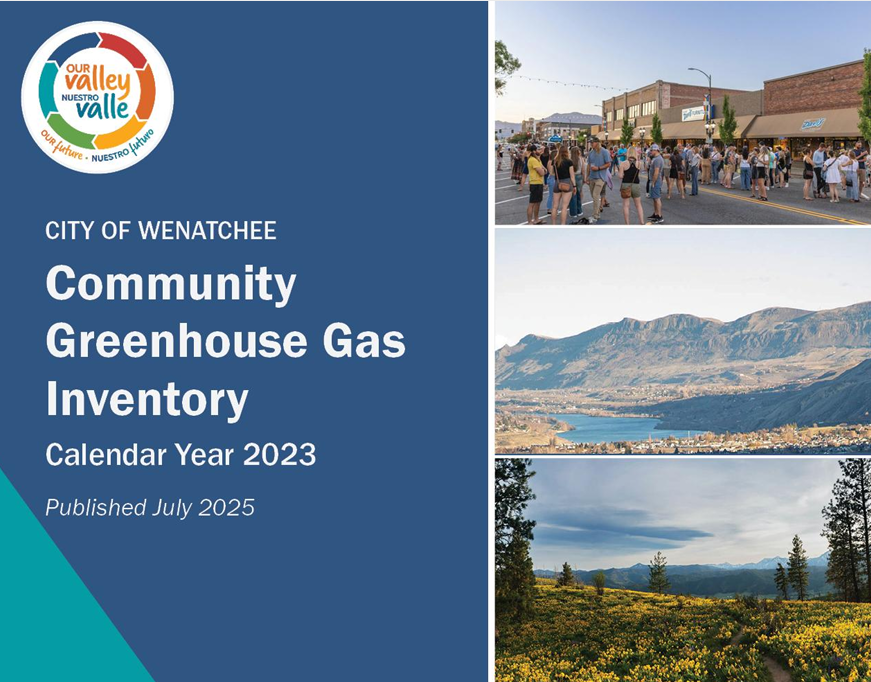The Business of Compost
- marlene0303
- Mar 12, 2022
- 3 min read
We've written about food waste before - check out Joan Qazi's blog post, "Food Waste > Wasted Food" - but here, board president Betsy Dudash looks into the possibility of a municipal food composting service in the valley. Quite often we hear from locals who would love this service - maybe it's someone who doesn't love composting at home, or they've relocated from a different area where this service was available and now miss it. We're hopeful that residential food waste pick-up is on the horizon, though it looks as if it may take awhile. Read more from Betsy below. - Jana
By Betsy Dudash, SW board president
Wasted food is a social, economic, and environmental issue. If food is wasted, everything that went into growing, raising, producing, and marketing it was also wasted: labor, energy, water, fertilizers - everything. If food waste ends up in a landfill, it produces methane gas as it rots. Methane, one of the primary greenhouse gases, is 28 times more effective than carbon dioxide at trapping heat. Composting food waste reduces methane production while creating nutrient-rich humus that is then used to add organic matter back to the soil.

In 2017, 1.32 million tons of materials were composted in Washington state—and that total doesn’t include the food and yard waste composted in backyards and worm bins by people like me. In fact, in the period from 2010 to 2017, no less than 1.11 million tons of waste was composted each year. Those millions of tons produced about 9 million cubic yards of compost during that period. Food, mixed food and yard debris, and yard waste totaled 974,000 tons in 2017, or about 74% of the total. Mixed food and yard waste make up the bulk of the food composted in the state, followed by waste from food processing, “post-consumer” food, and other food.
The Food Waste Reduction Act is a new law in Washington that went into effect in 2019. The law requires counties and cities to set up yard- and food-waste collection programs if the local markets or capacity for composted waste are sufficient. It also requires a plan that will recommend actions to achieve a 50% reduction in food waste in Washington by 2030. Read more about the Washington plan here. The finalized plan was due to the Washington Legislature by Oct. 1, 2020.

Seattle residents haven’t been allowed to throw food into the garbage since 2015. Residents have to pay for food and yard waste service. Locally, Wenatchee Valley residents can purchase a curbside yard-waste bin through Waste Management or take yard waste directly to the Stemilt Organic Recycling Center at 1465 S. Wenatchee Ave. - but no food waste is currently allowed. A recent online survey by Sustainable Wenatchee found that 14% of respondents already compost food waste at home, but that nearly 80% are interested in a residential composting service for food. That would be good news for Thad Schutt, manager of The Winton Manufacturing Company. The facility, in the Coles Corner area of Leavenworth, is still under construction but has already been permitted to compost food waste as well as yard debris. Winton will use state-of-the-art technology such as Gore-Tex fabric covers and computer-controlled aeration with fans. Food waste from residences, restaurants, and grocery stores is a potential source of business. Schutt also wants to close the composting gap with food processors and provide high-quality compost back to growers.
In Leavenworth, the non-profit Waste Loop has been working with Waste Management and Winton Manufacturing to possibly offer yard and food waste pick-up and composting, but has faced some delays. Waste Management is interested in providing the service to Leavenworth residents, but that would require new trucks which are a year out once ordered. Winton won’t be able to start accepting yard waste till the spring and food waste at least six months later. Whenever it begins, it will be a major step toward building a more sustainable food system.




Comments